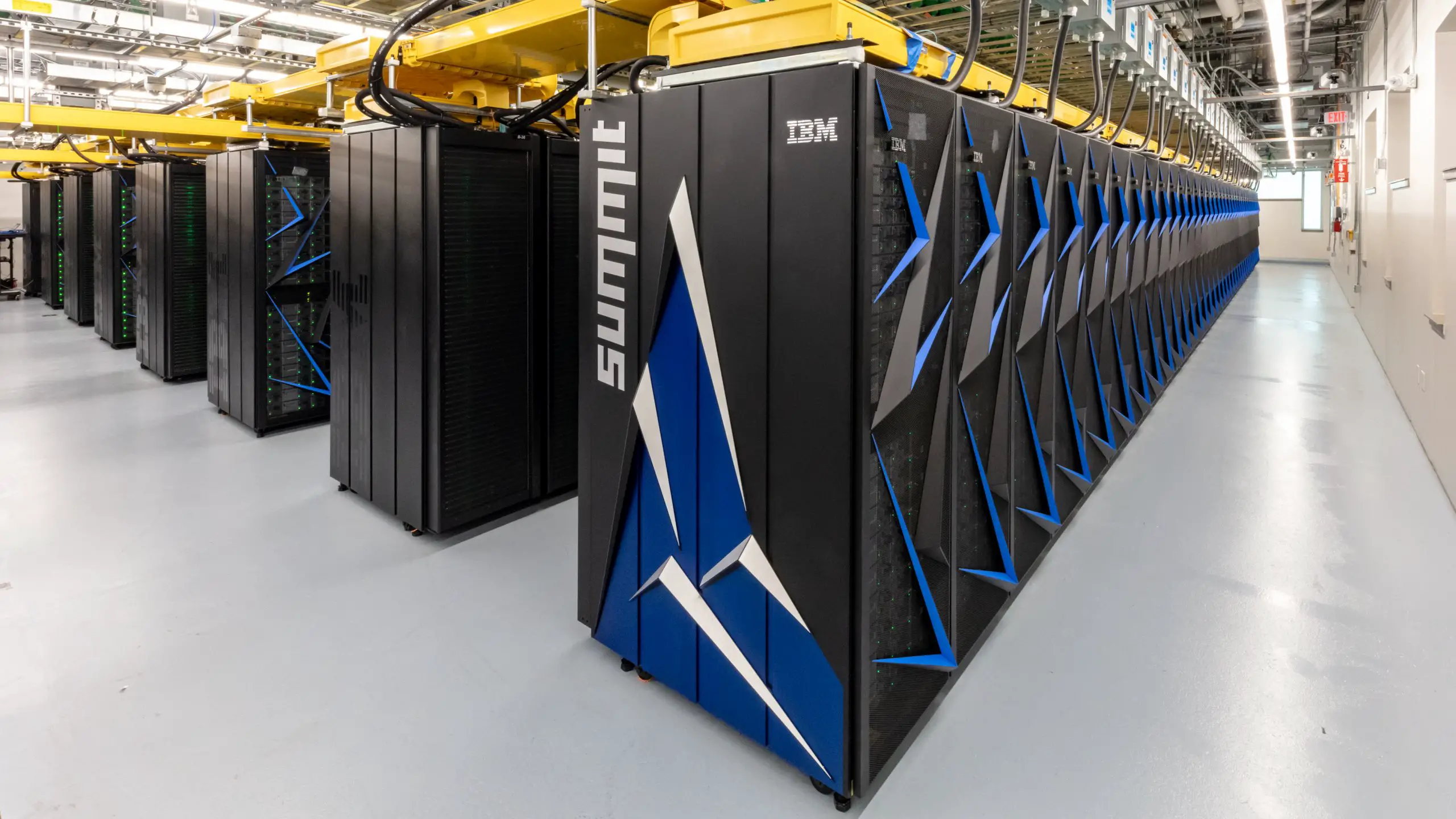World’s Fastest Supercomputer Is Working To Find Coronavirus Treatments

The world’s fastest supercomputer, IBM’s Summit, is currently running simulations around the clock on over 8,000 drug compounds, to determine which ones could effectively fight the virus. So far, the computer has narrowed the wide range of compounds down to 77, and ranked them on how likely they were to work.
The supercomputer is located at Oak Ridge National Laboratory in Tennesee, and it is about 1 million times faster than the fastest laptop computer, with the power of 200 petaflops, which means it has the computing speed of 200 quadrillion calculations per second.
According to a press release published by the team this week:
Viruses infect cells by binding to them and using a ‘spike’ to inject their genetic material into the host cell. To understand new biological compounds, like viruses, researchers in wet labs grow the micro-organism and see how it reacts in real-life to the introduction of new compounds. This is a slow process without powerful computers that can perform digital simulations to narrow down the range of potential variables.
Computer simulations can examine how different variables react with different viruses. Each of these individual variables can comprise billions of unique data points. When these data points are compounded with multiple simulations, this can become a very time-intensive process if a conventional computing system is used.
The press release also noted that the company’s other famous supercomputer, Watson, which appeared on the show Jeopardy, is currently working with health organizations around the world to better understand the nature of COVID-19.
Still, the team was cautious to clarify that they have not actually found a cure for the virus, but they have merely identified compounds that could be promising for future research.
Summit has been involved in numerous other similar projects, including the identification of patterns in cellular systems that could predict Alzheimer’s. The computer has also analyzed genes to determine if the specific genetic predispositions for conditions like an addiction, and has even been used to predict extreme weather based on climate simulations.
IMAGE FEATURED: Wikipedia
Leave Comment: